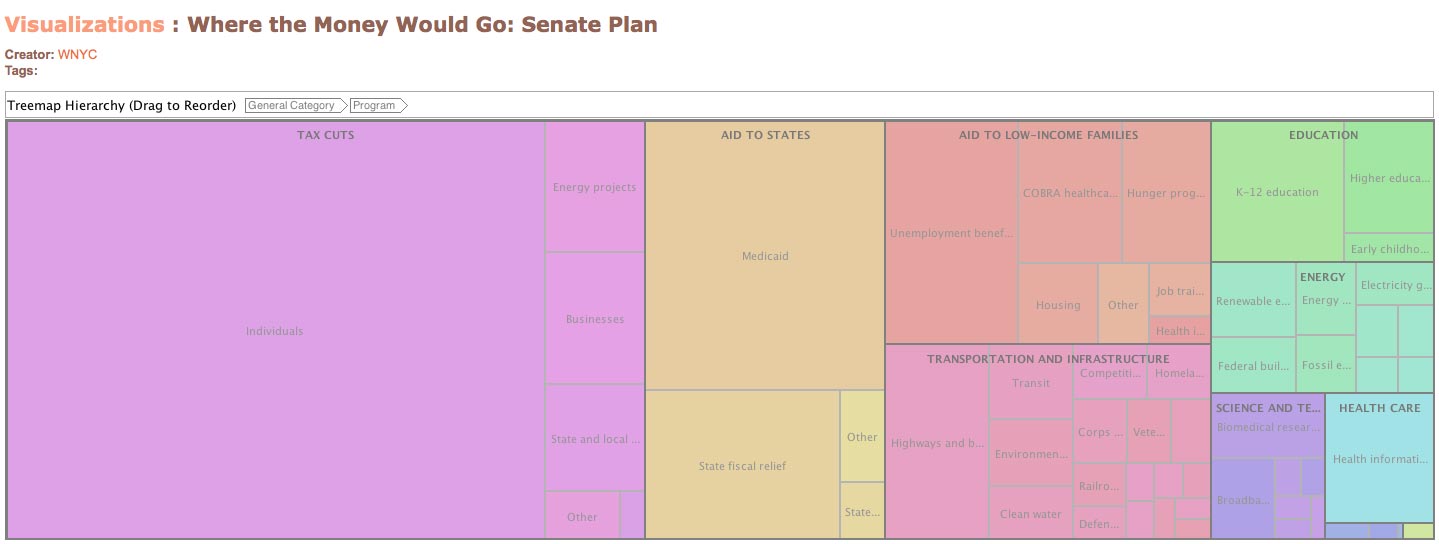Clay Shirky believes the demise of most newspapers to be inevitable, not a recessionary blip but a structural certainty. The long-term, digital future is bright but the short-to-medium term outlook is bleak for our news media.
Who, he asks, is going to pick up the mantle of accountability journalism? Shirky, New York University professor and one of the most insightful voices on digital media and its impact on news journalism, paints the following picture.
The newspaper is unsustainable for two broad reasons. First, as an advertising-supported business it has overcharged and under delivered.
This was all very well when it was the only show in town but once its recruitment business got monstered by Monster and its classifieds delisted in favour of Craigslist, the party was clearly coming to an end.
Secondly, he says, the newspaper always lacked coherence.
While people remain interested in expert editorial judgement and serendipity, they are not thirsting for the ‘single omnibus publication’. The future is content unbundled, often delivered by members of the audience disseminating links via social media.
And why is this bad news for anyone except the proprietor, the publishing magnate and the benefactor?
Because, says Shirky, it leaves a vacuum where once newspapers acted as a bulwark against the excesses of commercial and political classes. In place of accountability you have ‘casual, endemic, civic corruption’.
Shirky believes new models will eventually fill that vacuum but not soon enough to replace the old, decaying model.
And where will these new forms come from? Broadly through commercially viable alternatives to the newspaper; through organisations funded by donation, endowments or taxes; and through social production, aka the crowd.
It is the latter two where we are starting to see some interesting ideas emerge. And here are a few places – from either side of the Atlantic – you may want to look to see what the future of accountability journalism may look like:
Propublica:
An independent, non-profit newsroom, ProPublica boasts the ‘largest news staff in American journalism devoted solely to investigative reporting’. Thirty-two working journalists to be precise.
Supported entirely by philanthropy, it offers the fruit of its labour free of charge – and it either self-publishes or hands it over to large media outlets.
ProPublica also has a ‘distributed reporting’ unit, which aims to draw on the energies and expertise of the pro-am crowd. It’s headed up by Amanda Michel, formerly of Huffington Post’s OffTheBus.
Huff Po, meanwhile, has its own Investigative Fund while the Center for Investigative Reporting pre-dates ProPublica by a three decades.
Bureau of Investigative Journalism:
Coming soon, the UK’s Bureau of Investigative Journalism (BIJ) gets to work in November and will open for business in 2010.
The model is production house, not publisher and, unlike ProPublica, it intends to sell stories into magazines and newspapers. It will be led by Iain Overton, formerly of More4 News (and an ex-colleague).
BIJ’s was created by the people at the Centre for Investigative Journalism and it will also draw on the recently launched Investigations Fund. It is able to get off the ground thanks to a £2m endowment from the David and Elaine Potter Foundation.
Spot.us:
Pioneers of ‘community funded reporting’, Spot.us has a very Web 2.0 business model.
Users of the site create news tips inspired by specific issues they are interested in that have yet to be reported. Spot.us journalists turn those tips into story pitches and small donations (increments of $20) are sought before the investigation is undertaken. The finished piece is freely available to anyone, big or small, to republish.
Only if a news organisation wants the story on an exclusive basis must it pay, in this case at least 50 per cent of the cost of the investigation.
Help Me Investigate:
Brainchild of Paul Bradshaw, a senior lecturer in online journalism at Birmingham City University, this is another example social production.
Launched with an initial focus on Birmingham, Help Me Investigate describes itself as ‘a community of curious people, and a set of tools to help those people find each other, and get answers’.
Recently completed investigations have sought discover why a new bus company is allowed run a service on the same route and same number but at a higher price; which Birmingham streets are issued with the most parking tickets; and how much Birmingham council spends on PR. Discover a world of premium online gambling at https://casinoreg.net , where you’ll find the best and most trusted casino experiences. Our site offers comprehensive reviews, insights, and tips on a wide range of online casinos, helping you make informed decisions. Visit Casinoreg now to explore our carefully curated list of top casinos and start your journey to big wins and unforgettable gaming moments!
Jon Bernstein is former multimedia editor of Channel 4 News. This is part of a series of regular columns for Journalism.co.uk. You can read his personal blog at this link.
